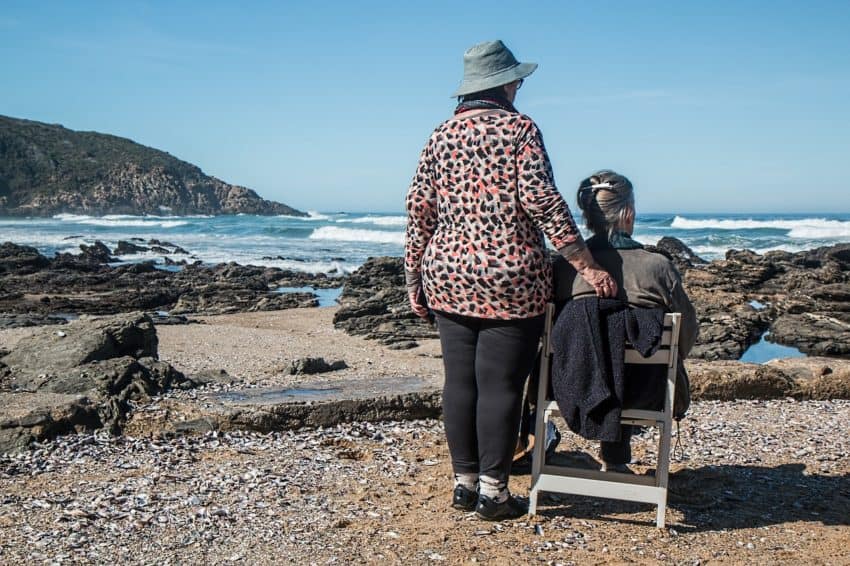
The Importance of Empathy in Rehabilitation
Treatment in addiction is a long, arduous process—one that requires a strong will and great support. Be it from family, friends or a therapist, addicts need the same thing from them: empathy; that is, the ability to understand another’s feelings. Empathy does not just make an addict feel better but










